QuestionQUESTION: Hello - We are in a northern midwest climate and were field boarding our horses in a populated competitive herd in which they were low in the pecking order -all ending up skinny after a particularly hard winter. We moved them about three months ago to a different facility where they are night stalled and turned out to a small dry lot during the day. We love the owner and the excellent attention and care they are getting.
The two twenty year old ponies put on nice weight (senior feed plus source sr. - hay and feed twice a day) and are barely recognizable. The 9 yr. old QH (on 6 lbs. feed plus source wt. and about 8 flakes/grassy hay day) still has visible ribs and a bony rump. He had looked great before the hard winter, but had an episode of colic in October. Other than minor cribbing and weight, he is a sound muscular, healthy horse - he is ridden for at least 30 -90 minutes 4x/week or more with an occasional weekend of showing/training. We had all of their teeth floated (his were "not too bad") last week and did a physical with his blood work coming back normal. He was wormed in June and August with Ivermectin Gold.
The vet recommended putting him on 10lbs feed a day spread over three feedings until he gets his weight to normal. The barn manager feels this large amount could be dangerous and suggests adding more hay as a possible alternative, especially since he has had colic (which at the time, the trainer had attributed to a nasty cold/rainy/windy snap).
I tried gathering info. from the more experienced set at the last show and got alot of different opinions with the most agreeing on something like"Strategy" or "Purina Senior" and "Glow? or Show to Win". Most thought that more hay would just give him a belly but wouldn't help fill in his back. It was funny to me how everyone had a little hint to whisper in my ear when the other would turn around. So confusing.
What would you recommend as the best feeding strategy for this horse? Do you think we should do a fecal sample for further parasites?
I appreciate your advice!
ANSWER: Hi S.
I'm going to answer a question with a question...maybe it's a Canadian thing :) But it will allow me to answer you more accurately.
You mentioned that your QH was on 6lbs of feed a day...what feed specifically was he on?
In the blood work, did they test liver enzymes and if so what were the levels?
And what kind of colic did your horse have...a gas colic?
Sorry, that's 3 (almost 5) questions...I'm really Canadian.
Let me know if you can, it makes a bit of a difference in my suggestions.
Thanks, Corlena
---------- FOLLOW-UP ----------
QUESTION: Thank you, Corlena, for you fast response. I am thrilled that you are willing to help us!
Here is the info. you requested - plus some.
Feed: basic Tiz Whiz maintenance (has grain/corn/mixture etc.)
Oil: about 3-4 oz day
Liver: AST/GOT level 360
Billirubin: 0.3
Total Protein: 6.3
Red Blood Cell: 6.28
Hemoglobin: 10.9
White Count 2.74
Albumin: 2.6
The vet who did the exam noted on the paperwork that he estimates him at 100-200 lbs. underweight.
I look forward to your suggestions.
S.
AnswerHello Again,
I am going to make a few suggestions for this horse that I feel will fix him up in a hurry. From the results of the blood tests it appears that metabolically there are no serious issue, meaning that changing the diet could fix the problem.
I always feed horses as much hay as they will eat..they are designed to eat all of the time. A hay belly develops in a horse only when the horse is incapable of fermenting the forage properly. This could be a result of a forage that is too mature to be fermented, or it could be because the horse's digestive system can not ferment the forage properly. The fact that your horse has had a bout of colic suggests that perhaps it is his digestive system that preventing his weight gain...and that may be due in part to the complete feed he has been eating.
For this horse I would suggest that you feed a high fat high fibre feed that has no added starch in it. Avoid all corn and barley for now. A standard high fat/high fibre may not be enough for this horse who has to work and gain weight at the same time, so go with the performance version of this feed. The difference will be that the performance version will use beet pulp as a fibre source instead of let's say soya hulls, and may use an extruded fat source instead of plain vegetable oil. The ingredients will not be listed on a feed bag but you can request it from the dealer and they have to provide it to you. Keep in mind that some dealers may need a few days to get that info for you and that would be normal. Some manufacturers will not give that information away to the dealer without a specific request. If you let me know which company you would like to deal with I could certainly pick one for you. Again...the key for your horse is NO added starch.
In going with a performance high fat/high fibre ration, you may not want to keep feeding the oil on top. Although there is nothing wrong with feeding oil, there is a limit to the total amount that a horse should receive. Once you have chosen a complete feed, we can calculate any additional oil as needed.
You could prepare and feed additional beet pulp yourself. It is a highly fermentable source of energy for horses and although it sells like a grain and is generally in a pellet like a grain...the horse's digestive system thinks it's just really good hay. A good starting point is one pound of dry beet pulp a day (then soak it and feed it out).
Be cautious with the amount of grain you are going to feed. I can help you with this once you make a choice of product...but sometimes less is more. The more grain you feed, especially if it has a lot of starch in it, the less efficient and more trouble plagued the system becomes and the more you have to feed. If we can make his system more effective, he will do much better on less feed. If you do need to feed significant quantities of grain daily, it should be spread out over as many feedings as possible... a horse's stomach only holds 2 gallons and doesn't work efficiently if it is full.
Feed as much good quality hay as your horse can eat. What we should do is make sure your horse's system is capable of fermenting it. I mix my own supplement for these kinds of horses but can't sell it to you as it is my own mix (I may one day patent and license it, but right now am just worried about fixing horses). There is a new one on the market that is made by the company that I buy ingredients from and although they won't share their recipe with me (:-)) I think it will work. It is called "Lifeforce Formula" and is manufactured by Alltech Inc. I believe you can buy it directly from them (call customer service at 888-636-3302). If it's as good as mine, you will be amazed. What is should do is improve the efficiency of his digestive system, improving forage utilization, and prevent further gas or impaction colic episodes.
I would certainly keep the fecal samples on this horse current, he doesn't need any more stress. And sometimes they can infest more quickly when the digestive system is in turmoil.
I hope this helps. Let me know what your choices are and I can help with a more detailed ration. Thanks, Corlena

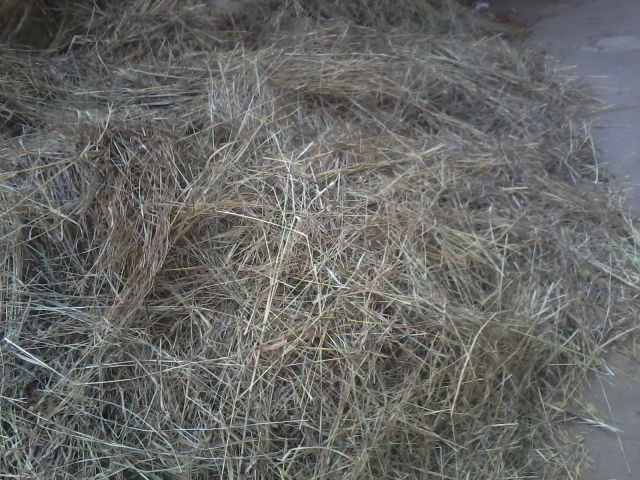 clover hay good in fiber or not
Question
kancha hay
hello maam. is clover hay ri
clover hay good in fiber or not
Question
kancha hay
hello maam. is clover hay ri
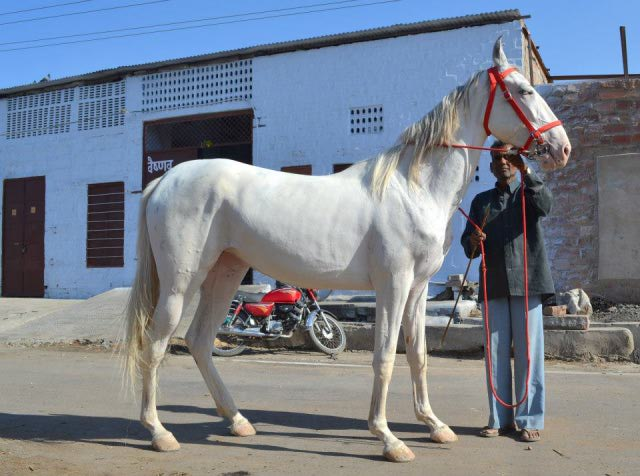 strong or weak
Question
strong or weak
hello maam, how this hor
strong or weak
Question
strong or weak
hello maam, how this hor
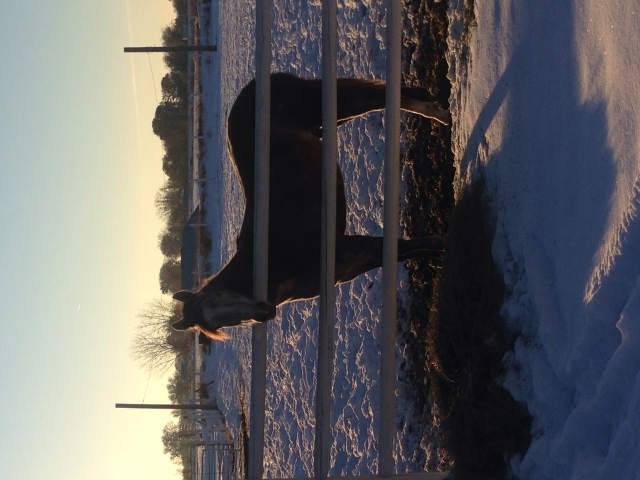 Feed for Growing Quarter Horses
Question
Bree Della
Hi! I have a two year
Feed for Growing Quarter Horses
Question
Bree Della
Hi! I have a two year
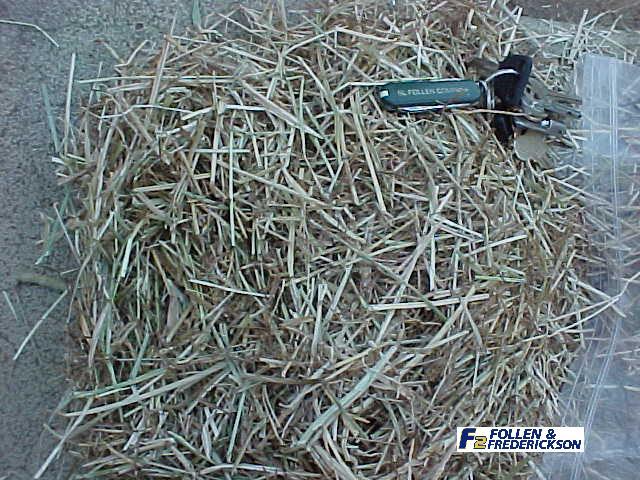 this hay
Question
this hay
hello, what type of hay can this be?
this hay
Question
this hay
hello, what type of hay can this be?
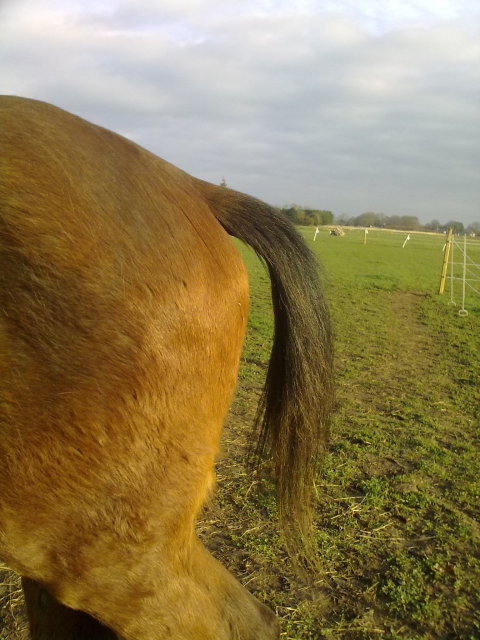 Horse Hair loss
Question
Tail
2 year old mare Appaloosa X shire
Horse Hair loss
Question
Tail
2 year old mare Appaloosa X shire